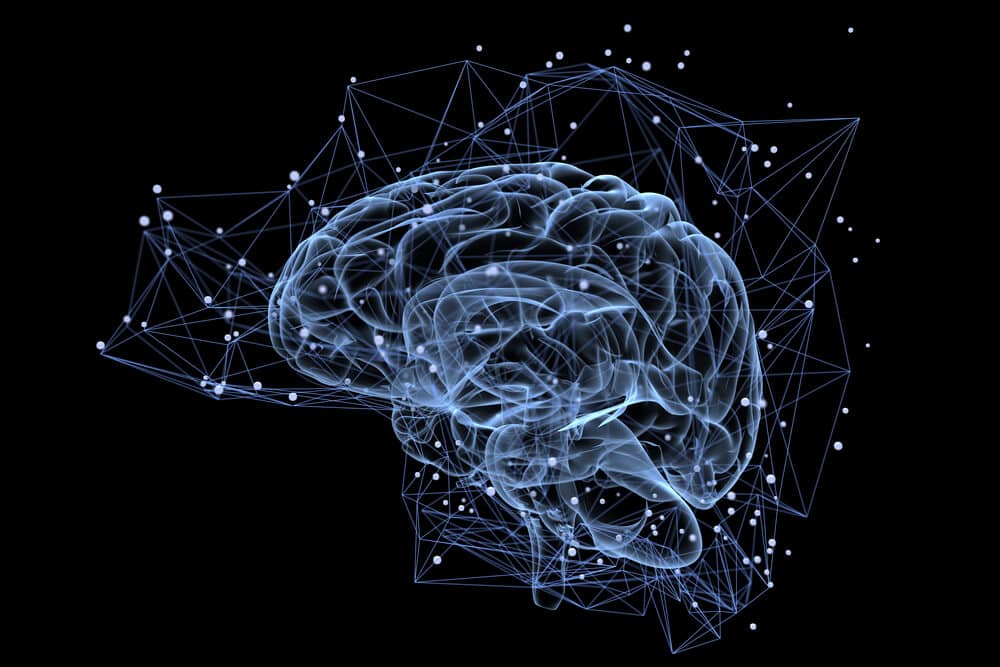In cybersecurity, the quote that “Defenders think in lists, attackers think in graphs” is a shorthand way of saying that an attackers’ ability to find unexpected connections gives them an advantage over those defending the system. But who is to say that security teams cannot employ graph thinkers to defend their system? As managers, we prioritize sourcing ideas and seeking out individuals from a broad array of cognitive styles.
One of the main challenges in system defense is that the ways in which a system is supposed to work are often known, measurable, and predictable. However, cybersecurity is concerned with designing for, mitigating, and responding to failure. Cybersecurity events tend to be filled with uncertainty and unpredictability. We need a different way of thinking and connecting here.
Neurodiverse individuals, such as people with dyslexia, Asperger’s, and the autism spectrum, frequently bring a different perspective to problem solving. The challenges we face in cybersecurity and fraud prevention make unique perspectives even more valuable. Many systems are set up to develop and reward cookie-cutter operators—think standardized tests. However, the malicious actors we face in cybersecurity do not play the game according to cookie-cutter rules of standardized tests. We need to develop and reward diverse thinkers who can see a wide range of possible risks and plausible countermeasures to combat new and emerging threats.
As managers, we think it is vital to source ideas, action plans, and execution from as wide an array as possible because it gives our teams the best chance to succeed. We welcome the kind of creative problem solving that we see in neurodiverse individuals as an asset to the firm. As a leading edge tech company, Forter seeks out neurodiverse individuals to build the strongest array of talent that we can muster in our engineering, design, and operational teams.
We also recognize that there are different operational needs in terms of a platform required for neurodiverse folks to be successful and sometimes custom career paths that do not fit traditional norms. These needs can include different types of support and accommodations aligned with custom career development options. In our experience, these steps are worth it in the long run to create truly broad and deep teams that are rich in opportunities for problem solving.
The end result is a win-win where neurodiverse people are encouraged to take advantage of unique skills, and the firm along with its customers benefit from much stronger solutions.
By Gunnar Peterson and Lauren Vigliante



